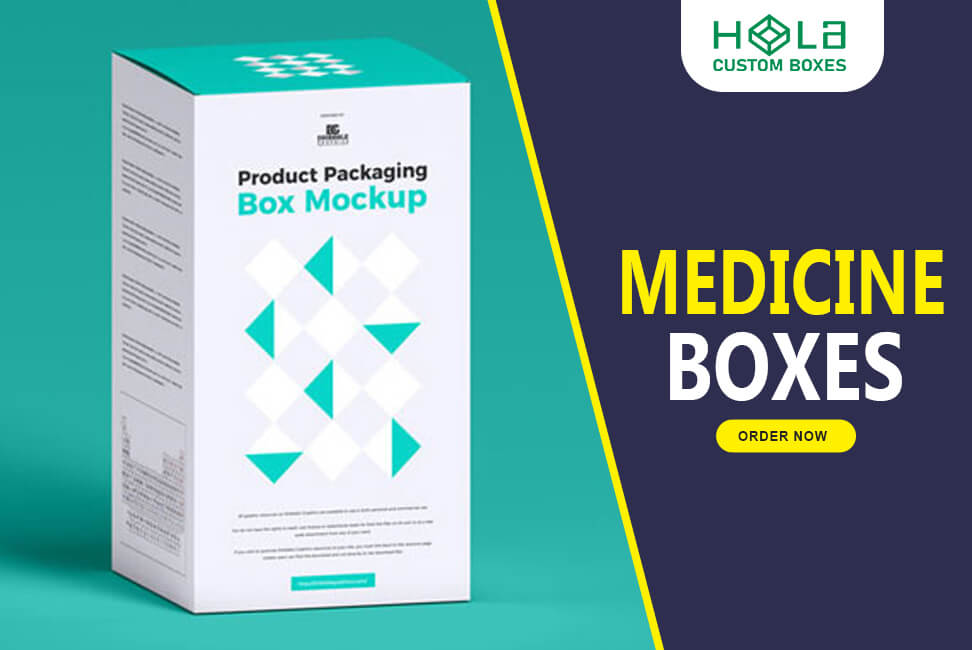Revolutionizing Pharmaceutical Packaging: Safety, Compliance, And Cutting-Edge Technology
2026-01-03 13:10:02.jpg)
In today's rapidly evolving healthcare landscape, the role of pharmaceutical packaging in ensuring safety and compliance is more critical than ever. You'll find that regulatory standards are tightening, demanding innovative solutions that address both product integrity and environmental concerns. By examining the latest innovative packaging technologies, you can uncover how these advancements are reshaping compliance and enhancing patient experiences. What implications do these changes hold for the future of pharmaceutical safety?
Main Points
- Smart packaging technologies utilize IoT and sensors for real-time monitoring, enhancing safety and compliance in pharmaceutical packaging.
- Advanced materials, including biodegradable plastics, are being prioritized for sustainability while meeting FDA and ISO safety standards.
- Automation innovations streamline drug dispensing processes, reducing human error and improving regulatory compliance in pharmaceutical packaging.
- Personalized packaging solutions cater to customized dosing, promoting patient adherence and minimizing misuse of medications.
- Enhanced traceability via RFID and NFC technologies ensures compliance with regulations such as the Drug Supply Chain Security Act (DSCSA).
The Importance of Pharmaceutical Packaging in Safety and Compliance
When you consider the critical role pharmaceutical packaging plays in ensuring medication safety and compliance, it becomes clear that its design and execution aren't merely logistical steps but essential safeguards against potential hazards.
Effective packaging protects medications from environmental factors and contamination, maintaining drug stability. Regulatory compliance with FDA and ISO standards governs critical aspects such as labeling and sterilization, thereby minimizing risks and potential recalls.
Effective packaging safeguards medications from contamination and environmental factors, ensuring drug stability while adhering to regulatory standards.
Accurate labeling and clear instructions are essential for preventing misuse, and this requires collaboration between pharmaceutical companies and regulatory bodies.
With the market projected to grow significantly, innovative packaging solutions are essential to enhance patient safety and compliance.
Key Regulations Governing Pharmaceutical Packaging

As the landscape of pharmaceutical packaging evolves, understanding the key regulations governing this significant area is essential to ensuring safety and compliance.
Here are some essential regulations you should be aware of:
FDA's stringent guidelines on labeling and tamper-evidence
ISO 11607 standards for sterile packaging materials
DEA requirements for controlled substances' packaging
Thorough documentation for regulatory compliance
FDA's Drug Supply Chain Security Act (DSCSA) for traceability
These regulations aim to protect patients, maintain product integrity, and minimize risks associated with pharmaceutical packaging, making it imperative for you to stay informed.
Material Selection for Optimal Protection and Sustainability
Understanding the key regulations governing pharmaceutical packaging sets the stage for informed material selection.
You'll need materials that withstand sterilization processes while providing practical barriers against moisture, oxygen, and UV light.
Prioritize sustainable options, such as biodegradable plastics and plant-based polymers, to reduce environmental impact without compromising packaging integrity.
Confirm high-temperature sterilization compatibility by using heat-resistant materials, and select gas-permeable options for methods like ethylene oxide.
Always adhere to the safety standards set by the FDA and ISO, ensuring your materials meet stringent requirements essential to product protection and consumer safety throughout the product's lifecycle.
The Role of Smart Packaging Technologies
While traditional packaging methods have served their purpose, integrating innovative packaging technologies is revolutionizing how pharmaceutical products maintain their integrity throughout the supply chain.
By utilizing IoT integration and advanced sensors, these technologies guarantee product safety and quality.
Leveraging IoT and advanced sensors ensures unparalleled safety and quality for pharmaceutical products.
Real-time monitoring of temperature, humidity, and light exposure
Immediate corrective actions for environmental deviations
Enhanced patient compliance through smart blister packs
RFID and NFC for improved traceability and regulatory adherence
Up to 30% reduction in product losses during transit
Embracing these innovations not only enhances efficiency but also fortifies compliance in a highly regulated industry.
The Power of Packaging Design
Once you’ve built a loyal customer base and established repeat sales, the next step is ensuring your bath bomb brand captures attention in retail spaces. Packaging plays a vital role here—it should not only reflect your brand identity but also stand out on crowded shelves. Using bold colors, creative graphics, and distinctive shapes can immediately grab attention, while clear labeling of scents, ingredients, and unique product features helps shoppers make quick and confident decisions.
Turning Packaging into a Marketing Tool
Beyond aesthetics, packaging can also serve as a marketing tool to boost credibility and trust. Highlighting customer testimonials, reviews, or brand values directly on the packaging can influence buying decisions and strengthen retailer confidence in stocking your products. By blending eye-catching design with informative and trust-building elements, your packaging becomes more than just a container—it becomes a powerful tool to maximize shelf appeal and spark retailer interest.
Future Trends in Pharmaceutical Packaging Solutions
As the pharmaceutical industry evolves, you'll likely see a considerable shift toward advanced packaging solutions that not only comply with regulatory standards but also enhance patient outcomes.
Future trends will focus on:
Innovative packaging integrating IoT technology for real-time monitoring
Sustainable materials like biodegradable plastics are addressing environmental concerns
Personalized packaging for customized dosing and enhanced adherence
Automation innovations streamlining drug dispensing processes
Enhanced regulatory compliance measures through advanced technologies
These developments won't only improve operational efficiency but also considerably boost patient engagement and safety, ensuring that packaging evolves to meet both market demands and regulatory requirements.
Conclusion
In summary, embracing innovative pharmaceutical packaging solutions is essential for ensuring safety and compliance. By integrating innovative technologies and sustainable materials, you not only meet regulatory standards but also enhance patient adherence and product integrity. As the industry evolves, staying informed about emerging trends will enable you to implement effective strategies that prioritize safety and environmental responsibility. Ultimately, these advancements promise to revolutionize the pharmaceutical landscape, benefiting both patients and manufacturers alike.
